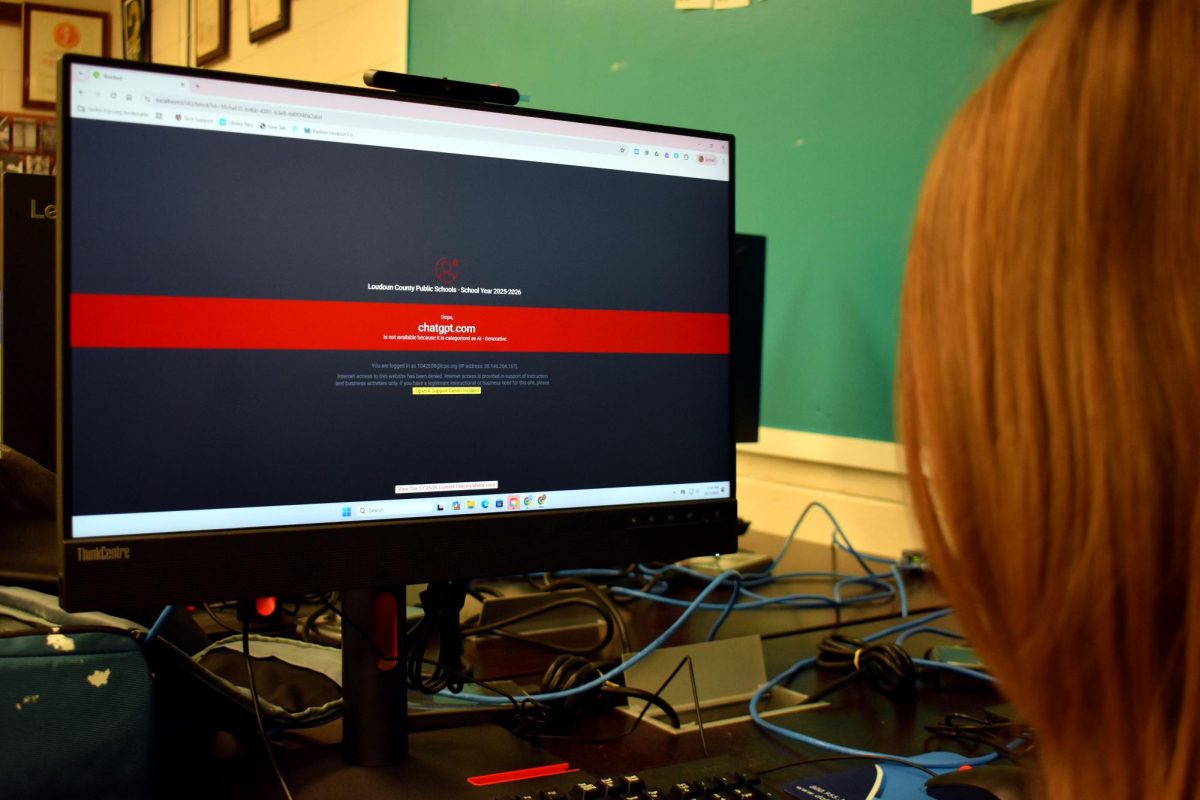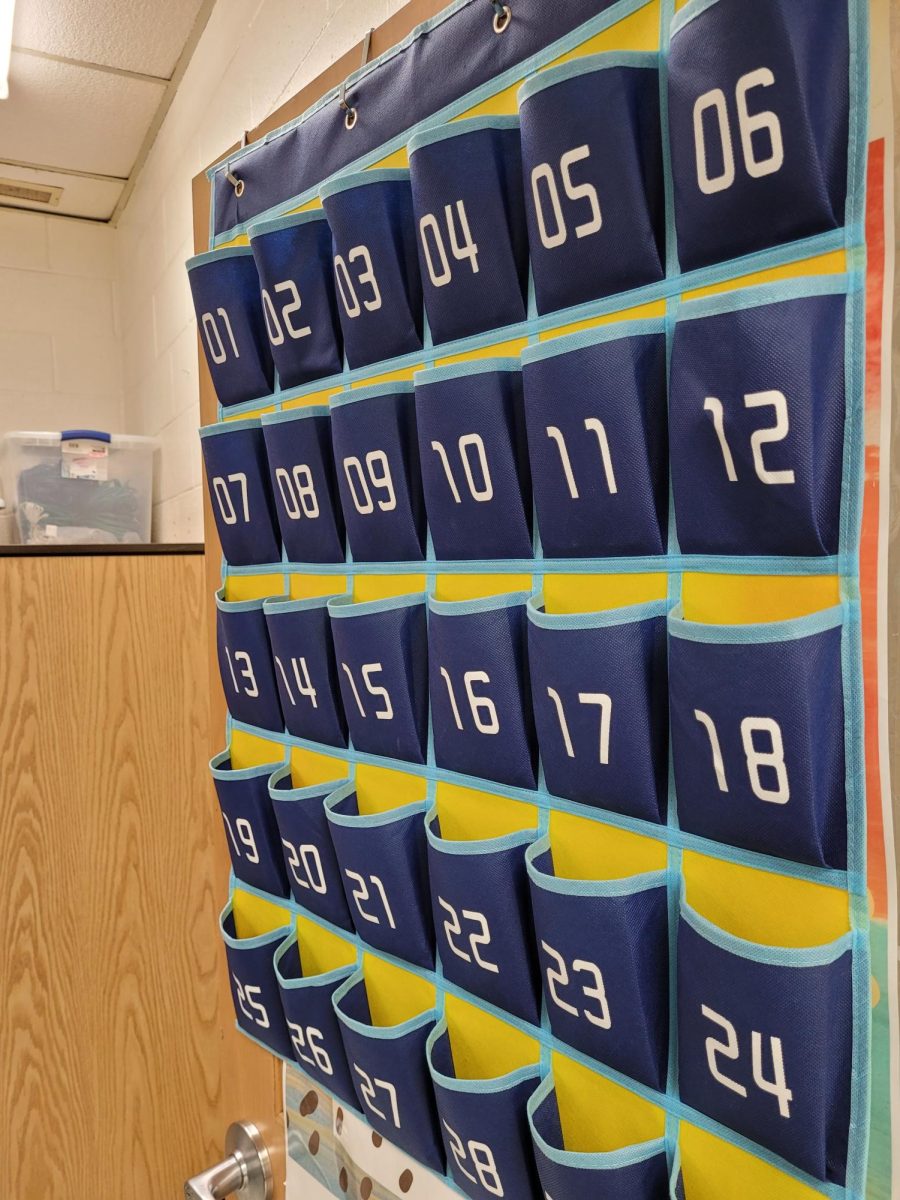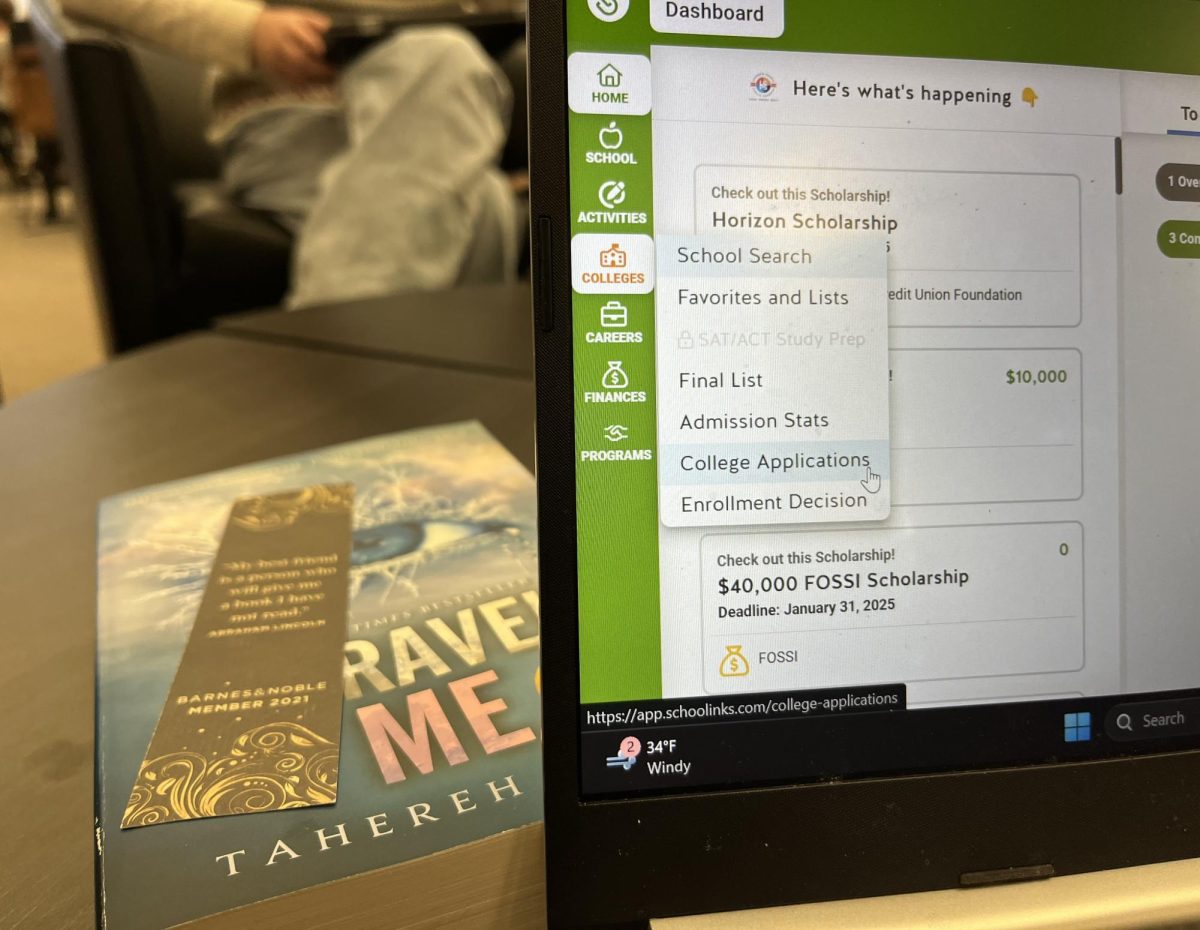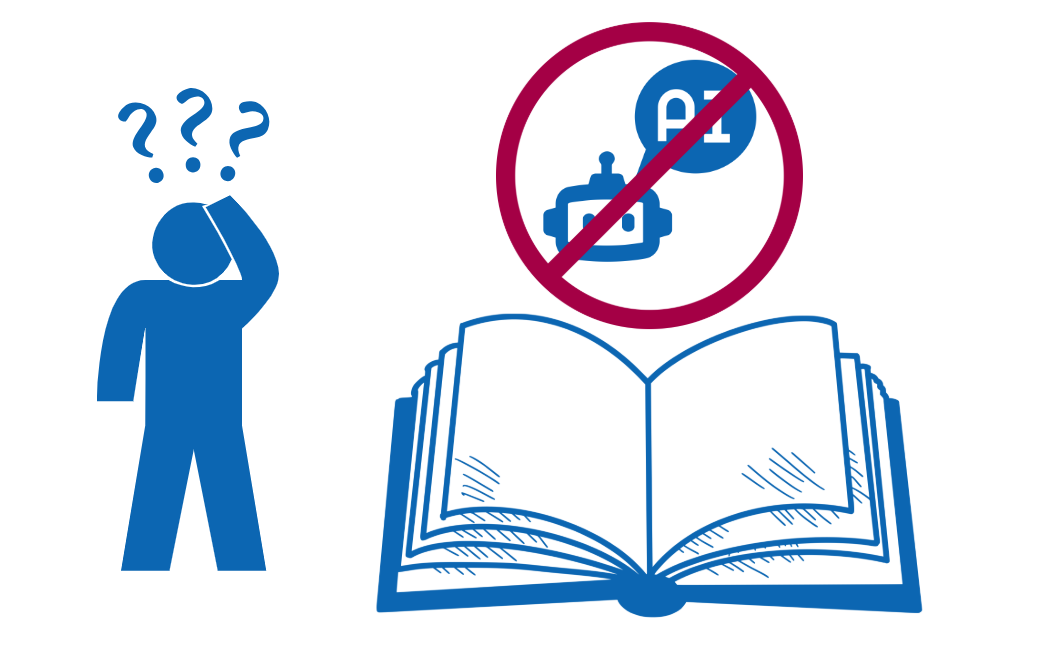A new attendance policy tackling increasing rates of chronic absenteeism has been put into place for LCPS schools. Chronic absenteeism, as defined by LCPS, is when a student misses up to or more than 10% of the school year.
Emailed to families and faculty on Nov. 27, Policy 8140 changed what was considered an excused and unexcused absence and imposed a new limitation on how many unexcused or total absences a student can have before an intervention. With many unaware of the new changes set in place, this creates inflexibility within a student’s scheduling. Because of this, it is essential for you to know how your attendance record and enrollment can be affected by this new policy.
Unexcused absences are marked when a student is absent for a full day with reasoning that was either not deemed appropriate to miss school or resulting from a parent or guardian’s failure to report the issue within five days. Once a student has reached five unexcused absences, intervention steps, in which admin will work closely with a student and their family to create ways for increased attendance, will be carried out. Additionally, once a student has reached a total of 18 absences — excused or not — intervention procedures will take place.
What is considered an excused absence?
An excused absence is when the validation given by a parent or guardian is deemed an appropriate reason for a student to miss school. Examples include personal illness (including mental health), a death in the family and legal or military obligations. For a personal illness to be excused, a doctor’s note must be provided. This complicates absences which fall under the mental health category as many causes such as episodes, panic attacks, anxiety attacks, or other notable illnesses related to mental health, are often unpredictable, and are not easy to obtain a note for.
Additionally, a principal may review individual cases to either grant or overturn the title of “excused.” The school administration also has the power to change an absence marked unexcused to excused up to five days post-absence.
Suspensions will continue to count as excused absences. A short term suspension, which cannot exceed 10 days, will be excused, but will also count towards a student’s total 18 absence limit. However, a long term suspension can last up to 45 days. Policy 8140 also states that a student absent for 15 consecutive days will automatically be unenrolled from the school system. Students will be unenrolled because attendance plays a large part in a school’s accreditation. Accreditation is a rating given to schools dependent on state guidelines, and can be taken away if guidelines aren’t met. Once a student is ready to return to school, they may re-enroll with LCPS.
How can you prevent chronic absenteeism?
To reiterate, absence for 10% of the year, including excused, unexcused and suspensions absence is defined as chronic absenteeism. Due to the inflexibility of the term, it could stand in the way of graduation, so it is essential to understand how to navigate it.
Communicating is essential to avoid slip ups regarding the new rules in place. Be sure to talk to your parents about scheduling vacations during school holidays or over the summer so that you can avoid unnecessary unexcused absences. Be sure to also discuss how your parents can ensure your excused absences aren’t mistakenly marked as unexcused. Lastly, make sure your parents notify your school the morning of your absence and of the reason you will be out; if five days go by after an absence, it will automatically be marked as unexcused. Speaking with your principal and admin can also help to talk through some absences that are not avoidable otherwise.
What is the intervention process like?
Once a student has either reached 18 total or five unexcused absences, parents will be contacted. An attendance plan will be set up and any consequences will be explained by the principal.
If no change in behavior and attendance is made after a student’s seventh unexcused absence, another meeting will be scheduled. The principal, a multidisciplinary team and, in some cases, an attendance officer will become involved. Additionally, the attendance officer has the power to file a complaint with the juvenile and domestic relations district court if necessary.
Policy 8140 has resulted in a new rigidity in what is considered an unexcused absence. Family vacations and transportation troubles that are not at the fault of the school are considered unexcused absences. Additionally, doctor’s appointments where a student does not attend school will be considered unexcused. Doctor appointments are excused if a student comes into school after their appointment, or they are in school beforehand.
LCPS’ new chronic absenteeism policy poses challenges for athletes as well. Athletes often miss a day or more for games or tournaments unaffiliated with the school, so they risk hitting their limitation on unexcused absences quickly. However, if athletes miss games to keep up with attendance at school, they could risk getting kicked off of their team, leaving concern for how athletes should balance the two.
Although chronic absenteeism poses new challenges to students and families, it’s still possible to navigate so you can enjoy your school year without any unnecessary bumps in the road.













